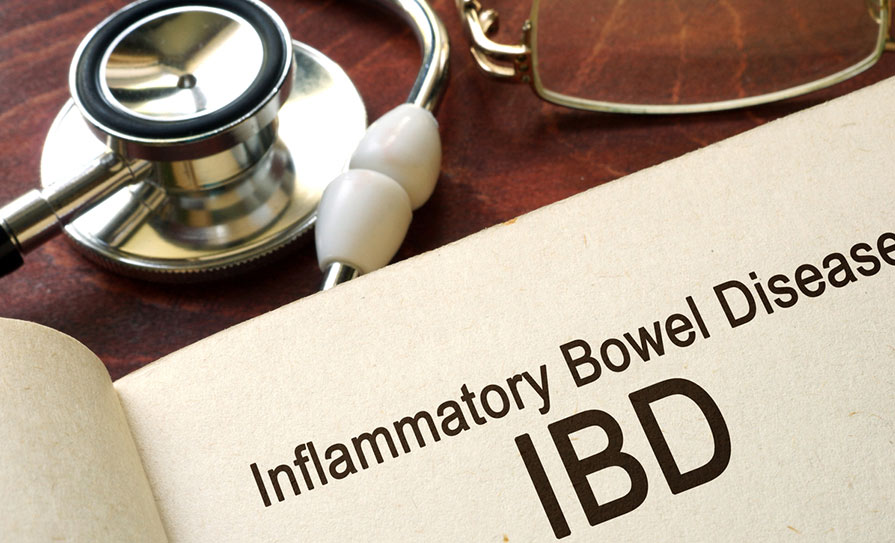
De-escalation of treatment for inflammatory bowel disease (IBD) is possible and advisable in a number of scenarios, but patients need to be carefully assessed and monitored to deal with potential relapse swiftly, the Irish Society of Gastroenterology Winter Meeting 2023 heard.
Prof Peter Irving, Consultant Gastroenterologist, Guy’s and St Thomas Hospital, London, UK, discussed the latest data on de-escalation of treatment in IBD, biologics or immunosuppressants.
Pregnancy, tolerance, toxicity, lower risk of side-effects, cost, and achieved remission are among the key reasons to consider reducing treatment in patients, he explained.
Prof Irving outlined the latest data on such scenarios, both in monotherapy and combination therapy.
Careful patient assessment/risk stratification and discussion are crucial before considering de-escalation of therapy, he stressed.
Regarding azathioprine, Prof Irving said he often withdraws it after six months in patients who have commenced the medication (where they take it in combination with infliximab).
In relation to pregnancy, while some medications are advised to be stopped due to teratogenicity, others are safe to continue. He advised careful discussion with patients on the risk of disease flare and the potential impact on pregnancy if they chose to discontinue treatment.
Looking at the data across a number of studies on stopping treatment in IBD patients, Prof Irving said those who relapse generally respond well to re-initiation of treatment. The landmark STORI trial found a remission rate of 88 per cent (38/43 patients) within 12 months of restarting infliximab in those who had taken a ‘drug holiday’ and reported no reactions. Other studies have also confirmed a high rate of clinical remission in response to restarting the same anti-TNF agent.
However, summarising the data on anti-TNF withdrawal, he said there is a 50 per cent relapse rate at two years, an increased risk of relapse over time, a risk of immunogenicity, and dose reduction “doesn’t appear worth it”.
In relation to predicting what patients are more likely to relapse, data (STORI) shows that risk factors include younger age at diagnosis, disease severity and surgery, haemoglobin ≤145g/L, faecal calprotectin ≥300μg/g, CRP ≥5.0mg/L, and leukocyte counts >6.0 × 10(9)/L.
Prof Irving concluded by saying that consideration for de-escalation of therapy in IBD must be tailored, taking into account the risks and consequences of a flare, and patients’ preferences.
Early identification of relapse is key, so careful monitoring is needed.
Prof Irving also gave a separate presentation at the meeting on the use of janus kinase inhibitors in ulcerative colitis.





Leave a Reply
You must be logged in to post a comment.